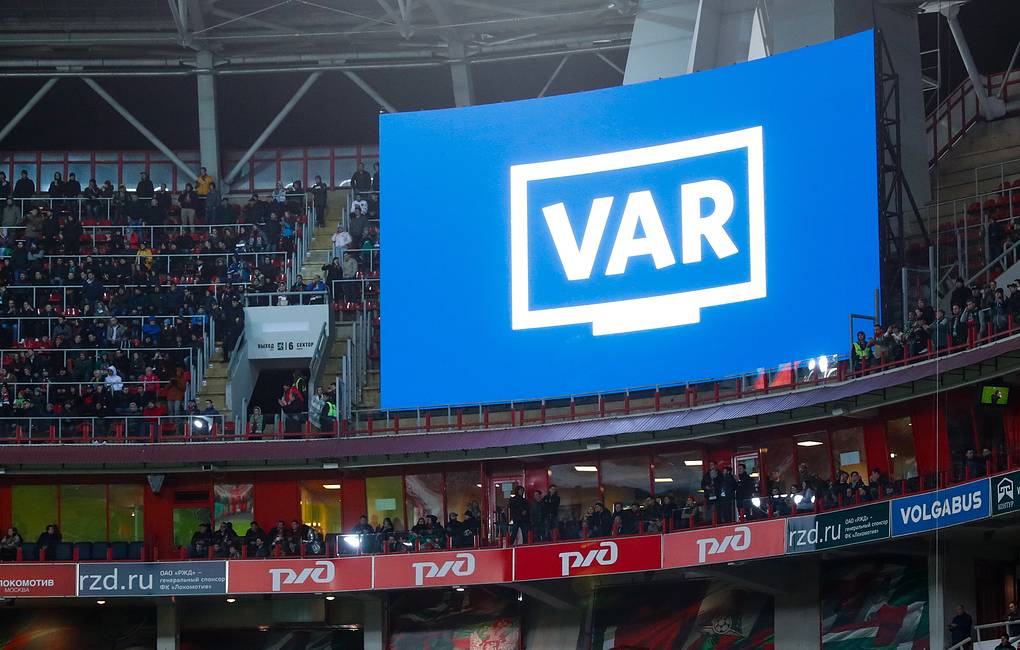VAR has often wondered why Zimbabwean journalists don’t guard their profession more jealously like what their counterparts in other countries do, or what other local professions do.
Indeed, just think about this for a minute. Can you imagine medical doctors accepting that a Ndunge or a Prophet T is a physician, or lawyers welcoming headmen who preside over cases in rural areas as members of the Law Society of Zimbabwe?
Yet Zim journalists, amazingly, extol every blogger, social media influencer and radio disc jockey, as well as every Jack and Jill with a pen, a smartphone and a crass opinion on social media as a journalist.
Given this, it is little wonder that many of the insufferable dinosaurs of the industry — washed out, flat broke and narcissistic old hacks who crave to be seen as doyens of local journalism — always mourn about the profession having gone to the dogs in recent years.
Just as baffling is how the profession always gives a pass to its most compromised and inept members who love dissing their colleagues, notwithstanding the fact that they are the real scum of the earth — among them discarded former State media scribes.
VAR’s message to all these con artists who are an affront to the noble profession is short and sweet: The Video Assistant Referee will expose you.
Real Journalism
To younger colleagues who are new to the profession or have just left college, real journalism is different from the gossip, glib punditry and clickbait that makes up much of today’s news in Zim.
Credible journalists and media houses take great care in presenting facts and distinguishing them from the opinions or speculations that they may inspire. They also don’t seek to agitate and titillate the public just for fun or simply to stir controversy.
Very importantly too, real journalists never see themselves as the story and neither do they feel comfortable when they are put at the centre of events, news or analysis. Similarly, real journalists don’t care much about being first or popular, they care about being right and truthful.
Let all young journalists be warned, therefore: Conceited purveyors of gossip, smut, conspiracies and hate on social media are not journalists.
Social Censorship
Talking of all this, VAR is concerned that a new form of fascism is in the air in Zimbabwe, where Big Tech companies, working with some well-known local cashvists, are increasingly endeavouring to control what we think, hear and write on social media, as well as who is allowed to be on such platforms.
Historically, this terrible tendency was associated with authoritarian governments, such as that of the late former president Robert Mugabe — which unjustly shut down the Daily News for nearly a decade for the crime of telling the Zimbabwean story like it is, and without fear or favour.
Sadly, not anymore. Even companies from supposedly enlightened societies also do it.
VAR is of the firm view that social media censorship (especially of a political nature) — coupled with a steadily rising cancel culture in our highly polarised country — is a major threat to our nascent democracy.
While the Video Assistant Referee is okay with people denouncing others because they strongly disagree with their political beliefs or behaviour, the tendency by some close to Big Tech companies to motivate them to purge the social media accounts of their political rivals is patently anti-democratic and deplorable.
All forms of censorship are unacceptable. Indeed, Big Tech companies have a responsibility to be even-handed when dealing with all kinds of conversations on their systems.
But going by the torrent of abuse and falsehoods that is ubiquitously spewed on social media every day by some local untouchables, it has become patently clear that the criteria used by these companies to decide who has licence to do as they please, as well as who should not be on their platforms, is dubious at best.
While the recent decision by the governments of Uganda and Nigeria to switch off social media platforms, for example, is not helpful at all, partisan censorship by Big Tech can end up providing justifiable reasons to do so to those on the receiving end of this injustice.
VAR prays that things never come to that in Zim.
It really is time that Zim and the world have a serious conversation about these kinds of issues, to map a fairer way forward. Censorship is a prime tool for the politically and intellectually challenged.
On that score, the hope is that the recent move by South African-born multi-billionnaire, Elon Musk, to invest in Twitter will bring necessary changes to this useful but often toxic echo chamber.
Until next week, Azishe!








